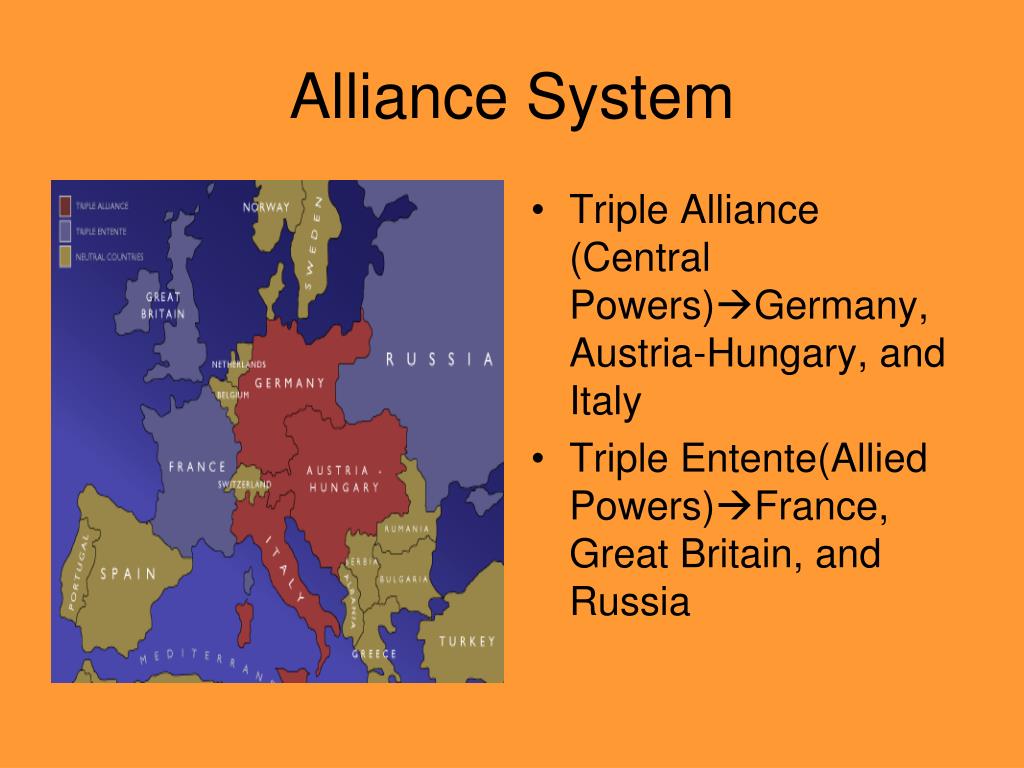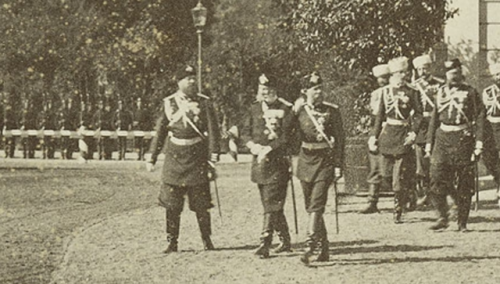
The Dual Alliance was welcomed by nationalists in Germany, who believed that German-speaking Austria should be absorbed into greater Germany. It was signed after the collapse of the Three Emperors’ League and during a period of Austro-Russian tension in the Balkans. It required each signatory to support the other if one was attacked by Russia. The Dual Alliance was a binding military alliance between Germany and Austria-Hungary. The Three Emperors’ League, without Russia, came to form the basis of the Triple Alliance. It was engineered and dominated by the Prussian statesman Otto von Bismarck, who saw it as a means of securing the balance of power in Europe.ĭisorder in the Balkans undermined Russia’s commitment to the league, which collapsed in 1878. The Three Emperors’ League was a three-way alliance between the ruling monarchs of Germany, Austria-Hungary and Russia. Several of Europe’s great powers, including Great Britain and Prussia, were signatories to this treaty.īelgium had earned statehood in the 1830s after separating from southern Holland. The Treaty of London was still in effect in 1914, so when German troops invaded Belgium in August 1914, the British considered it a violation of the treaty. Though not a formal alliance, this multi-lateral treaty acknowledged the existence of Belgium as an independent and neutral state. Some individual agreements signed during this period include: The Treaty of London (1839) The alliance system during this period is often attributed to German chancellor Otto von Bismarck and his attitude of realpolitik.
Significance of the league of three emperors 1873 series#
Imperial interests, changes in government, a series of revolutions (1848) and rising nationalist movements in Germany, Italy and elsewhere saw European rivalries and tensions increase again in the mid-1800s.ĭuring the late 19th century, European leaders continued to form, annul and restructure alliances on a regular basis.

The congress system worked for a time but started to weaken in the mid-1800s.

The Congress of Vienna (1815) established an informal system of diplomacy, defined national boundaries and sought to prevent wars and revolutions. At various times these coalitions included Britain, Russia, Holland, Austria, Prussia, Sweden, Spain and Portugal.Īfter Napoleon’s defeat at Waterloo in 1815, European leaders worked to restore normality and stability to the continent. Between 17, European leaders formed seven anti-Napoleonic coalitions. European nations allied themselves either in support of Bonaparte or to defeat him. The rise of French dictator Napoleon Bonaparte in the early 1800s ushered in a brief period of ‘super alliances’. Some collapsed when new leaders emerged others were nullified or replaced by new alliances. Many of these alliances and alliance blocs were short-lived. Anti-Napoleonic alliancesĭuring the 1700s, kings and princes regularly formed or re-formed alliances, usually to protect their interests or to isolate rivals.

They were particularly important for Europe’s smaller or less powerful states. They served as a means of guarding or advancing national interests while acting as a deterrent to war. Relations between the French and Germans were also troubled, while France and Russia also had their differences.Īlliances provided European states with a measure of protection. Europe had long been a melting pot of ethnic and territorial rivalries, political intrigues and paranoia.įrance and England were ancient antagonists whose rivalry erupted into open warfare several times between the 14th and early 19th centuries. In many respects, the pre-war alliance network as a byproduct of European geopolitics. They can range from financial or logistic backing, like the supply of materials or weapons, to military mobilisation and a declaration of war against the aggressor.Īlliances may also contain economic elements, such as trade agreements, investment or loans. The terms of this support are outlined in the alliance document. An alliance is a political, military or economic agreement, negotiated and signed by two or more nations. Military alliances usually contain promises that in the event of war or aggression, signatory nations will support their allies.


 0 kommentar(er)
0 kommentar(er)
